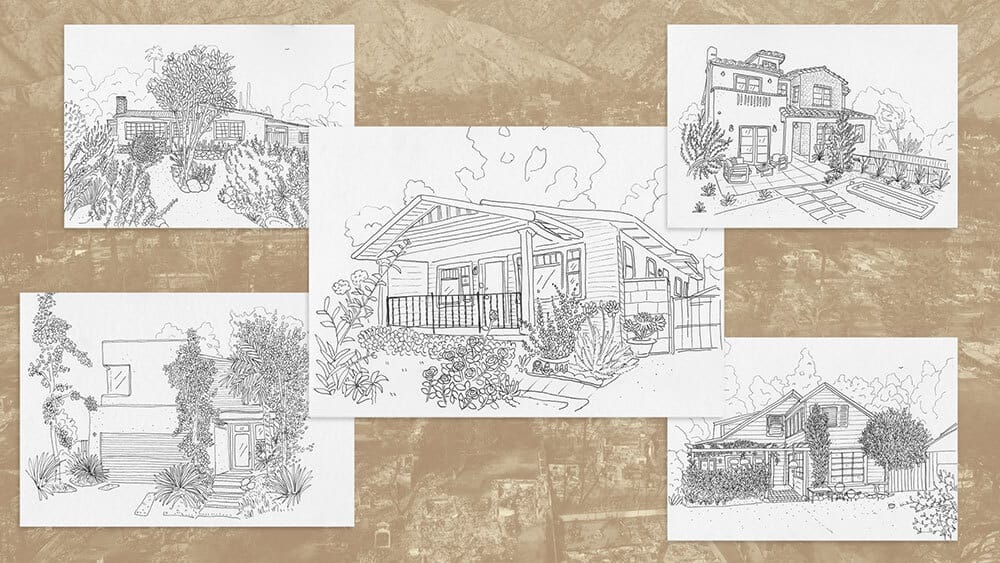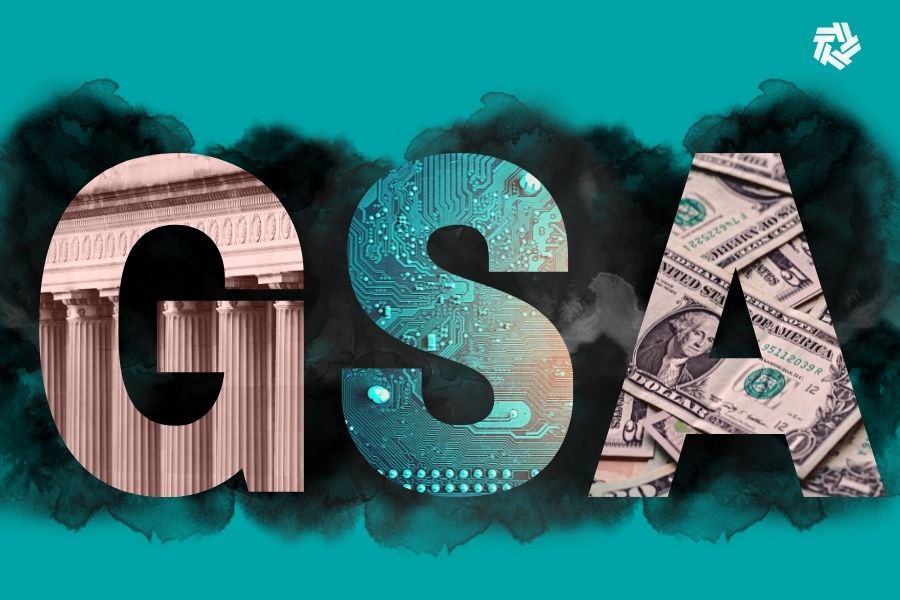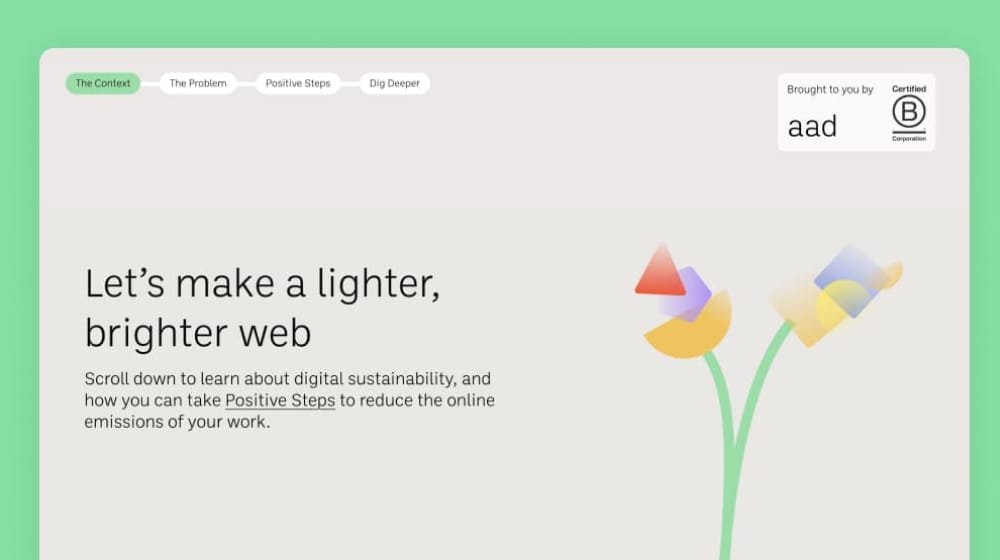
Your name is your first interface with the world. When systems strip away its meaning, they fail the people they’re built to serve. This is a reminder that even the smallest details, like an accent mark or tilde, carry deep significance in how people experience public services. Names are not just data points; they are identity, culture, and belonging.
That’s why Assemblywoman Blanca Pacheco’s Identity Integrity Act (AB 64) matters. By allowing diacritical marks on California’s vital records, the bill pushes our public systems to correct a longstanding design flaw that has erased the nuances of people’s names for nearly four decades. For those of us designing services, it’s a clear mandate: build with cultural accuracy, respect, and inclusion in mind, because true service design starts with getting people’s names right.
–Robert 🤝
ARTICLES
BOOKS
Power to the Public: The Promise of Public Interest Technology
by Hana Schank & Tara Dawson McGuinness
As the speed and complexity of the world increases, governments and nonprofit organizations need new ways to effectively tackle the critical challenges of our time―from pandemics and global warming to social media warfare.
DESIGNER SPOTLIGHT

Jesus Flores Rodriguez
Art Director, Lista Design
What do you enjoy most about working in the public sector?
What I enjoy most about designing in the public sector is seeing how our work at Lista directly impacts the community. I love using design to enhance accessibility and readability, developing solutions that make information easier for everyone to understand. I love the challenge of creating designs that are both complex in content and pleasing to the eye.
What has been your favorite project you have worked on?
One of my favorites is “California Community Foundation 5th Annual Immigration Summit” I really enjoyed creating a design solution for such an important topic.
Share a design insight, book, creative influences, podcast, or favorite design tool.
Books I would recommend are Meditations by Marcus Aurelius, The Artist's Way by Julia Cameron, and The Subtle Art of Not Giving a F*ck by Mark Manson. These are just a few books that have been helpful to me recently. As for design insight, I would say go outside more, take walks, and maybe visit your local library.
PROJECTS
RESOURCES
The Civic Designer is a newsletter dedicated to exploring the impact of Civic Design. It is a collection of curated stories and resources designed to inspire and educate designers and public sector communicators who are passionate about shaping the public sphere and empowering our communities.














